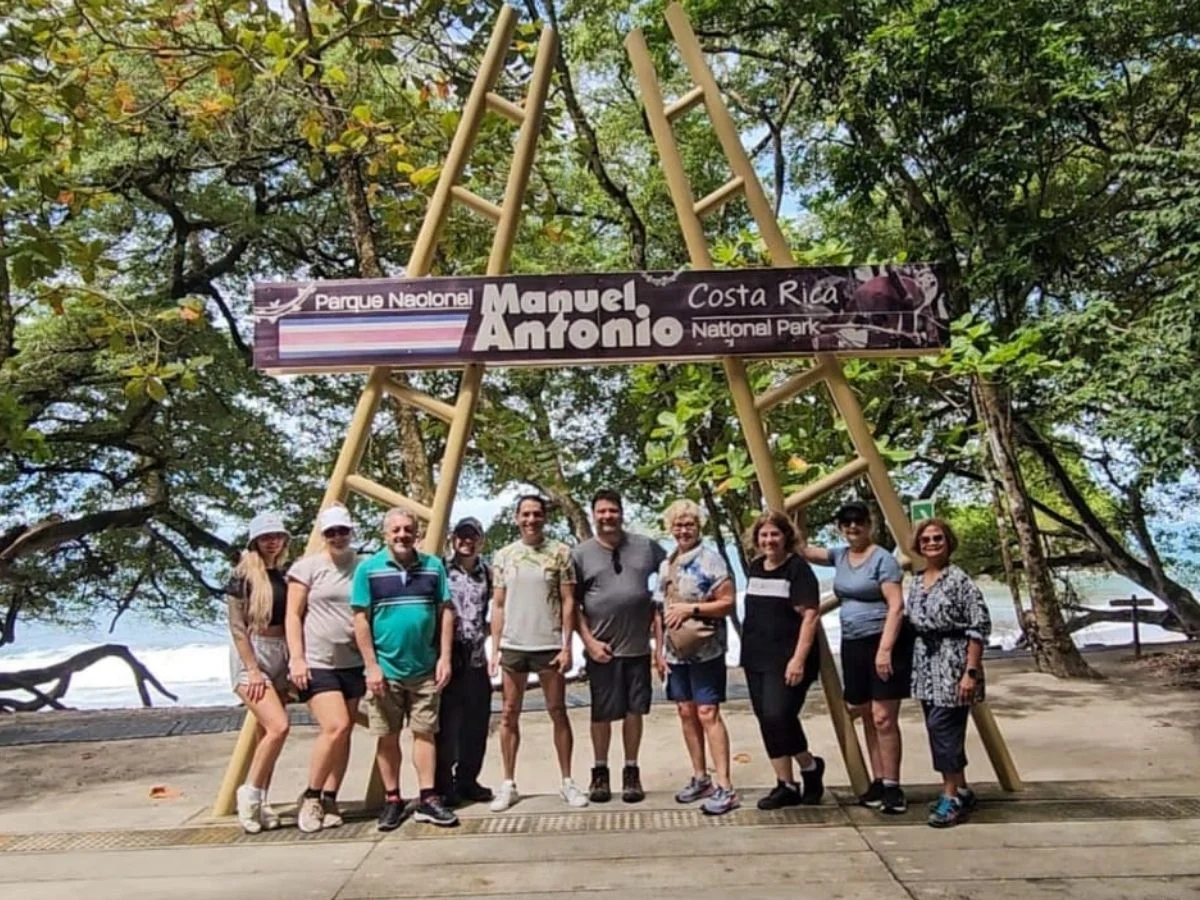QCOSTARICA — While reviewing the first years of President Rodrigo Chaves’ administration, Pilar Cisneros, head of the Partido Progreso Social Democrático (PPSD) – Social Democratic Progress party, addressed opposition criticism and put the challenges facing the government into perspective.
Cisneros recalled the conditions under which, according to her, the Chaves administration received the country.
“What country did Rodrigo Chaves Robles receive? One of the most unequal countries in the world, a country where the public administration has made mistake after mistake after mistake that led us exactly to where we received this country,” she firmly stated.
– Advertisement –
The PPSD legislator was emphatic that expectations of a rapid transformation are unrealistic.
“So, do you want us to fix Costa Rica in three years? Well, no, it can’t be done. You see, it can’t be done. That’s absolutely impossible. Fix all the schools, improve security, and make the infrastructure overcome the fifty-year gap. No, it can’t be done. Neither we nor anyone else will be able to do it,” she stated.
Cisneros also took the opportunity to contrast the model that, according to her, the current government is proposing with that of previous administrations.
Finally, the legislator supported President Chaves’ call to reform the role of public institutions.
“As Rodrigo Chaves said, and with this I conclude, we don’t have to defend the institutional framework. We have reached a point where we have to defend citizens from the institutional framework, which deceives them, doesn’t serve them, doesn’t set deadlines, doesn’t solve problems, and only puts obstacles in their way,” the legislator concluded.
Chaves’ mandate ends in a little less than a year, on May 8, 2026.
– Advertisement –
Costa Ricans will elect a new president in the national elections slated for Sunday, February 1, 2026, and the newly elected president will take office at noon on May 8.
To serve as President, a person must be Costa Rican by birth and be at least 30 years of age. Interested persons must seek the nomination of one of the political parties, which is generally granted through internal processes.
The Political Constitution prohibits the sitting president from consecutive reelection. Consequently, Rodrigo Chaves is ineligible for a new term. Furthermore, it stipulates that government ministers and directors or managers of autonomous institutions must resign their positions twelve months before the election if they wish to run for president or vice president.
In the last few months, Chaves has made public that he is considering the possibility of leaving office before July 31, 2025, to run for legislator.
– Advertisement –
“Very honestly, is it an option? Yes. Our legislation allows it. Yes. It is being considered. Yes. Who will make the decision? Rodrigo Chaves Robles,” said Pilar Cisneros, last month on the Radio Nuestra Voz program hosted by journalist Amelia Rueda.
– Advertisement –
Source link
Rico



